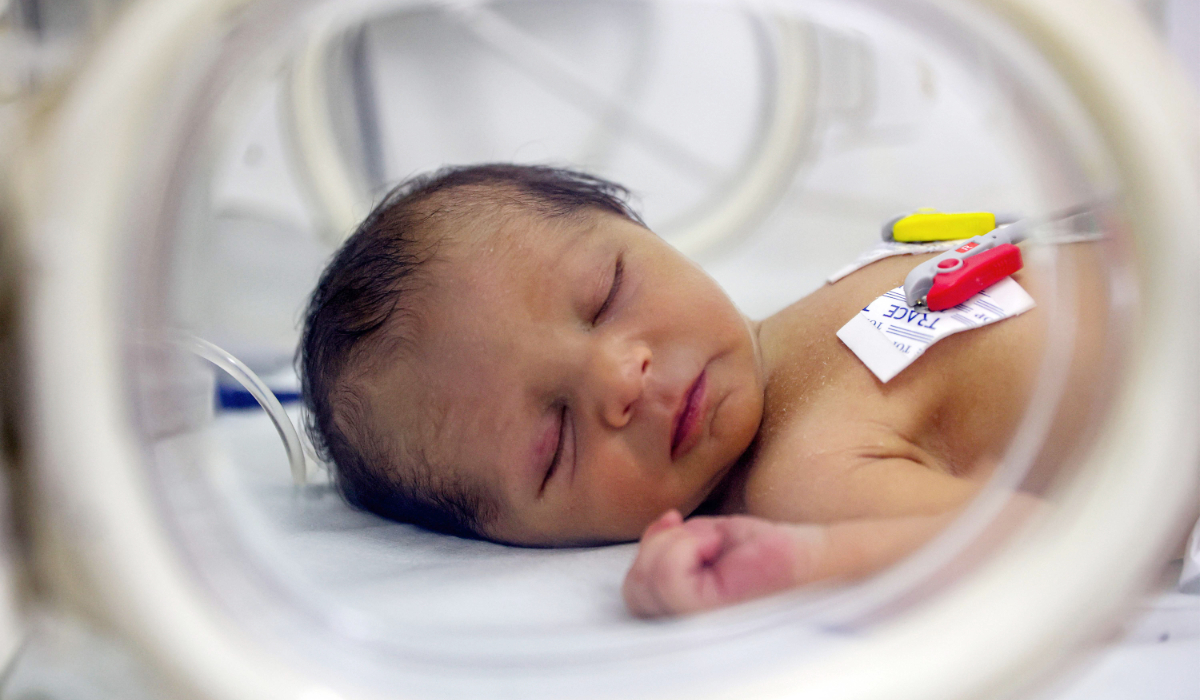GAZA STRIP: A Hamas official says Israel’s delay in the release of some 600 Palestinian prisoners is a “serious violation” of the Gaza ceasefire agreement and talks on a second phase of the accord are not possible until they are returned.
As part of the agreement, Israel was supposed to release the prisoners last weekend after Hamas freed hostages from its Oct. 7, 2023, attack. But Israel delayed the release over the treatment of the captives, who were paraded before crowds. In a written statement on Tuesday, Bassem Naim, a senior Hamas official, said the militant group had “fully adhered to all provisions of the agreements” and that Israel’s delay “puts the agreement at risk of collapse, potentially leading to a resumption of war.”
FASTFACT
There’s been no central electricity in Gaza since the first few days of the war, and fuel for generators is scarce. Many families huddle on damp sand or bare concrete.
The head of Israel’s Mossad foreign intelligence agency on Tuesday called the exploding pagers and walkie talkies operation against Hezbollah militants in Lebanon and Syria a “turning point of the war,” which gave Israel momentum to deal a heavy blow to Hezbollah.
The devices used by hundreds of Hezbollah members exploded almost simultaneously in two waves on Sept. 18 and 19. The attack killed at least 12 people — including two young children — and wounded thousands more.

A prematurely-born infant lies in an incubator at the neonatal intensive care unit (NICU) at the Patient Friend's Benevolent Society hospital in Gaza City on February 25, 2025 amid the ongoing truce in the war between Israel and Hamas in the Palestinian territory. (AFP)
Meanwhile, at least six infants have died from hypothermia in the last two weeks in the Gaza Strip, where hundreds of thousands of people are living in tent camps and war-damaged buildings during a fragile ceasefire, Palestinian medics said on Tuesday.
Temperatures have plunged in recent days. The coastal territory experiences cold, wet winters, with temperatures dropping below 10 degrees Celsiusat night and storms blowing in from the Mediterranean Sea.
Dr. Ahmed Al-Farah, head of the pediatric department at Nasser Hospital in Khan Younis, said it received the body of a 2-month-old girl on Tuesday. He said another two infants were treated for frostbite, with one of them discharged later.
Saeed Saleh, of the Patient’s Friends Hospital in Gaza City, said five infants aged one month or younger have died from the cold over the last two weeks, including a 1-month-old who died on Monday. He said another child has been placed on a ventilator.
Zaher Al-Wahedi, head of the Gaza Health Ministry’s records department, said it has recorded 15 deaths from hypothermia this winter, all of them children.
The ceasefire that paused 16 months of war between Israel and Hamas militants has allowed a surge in humanitarian aid, mainly food, but residents say there are still shortages of blankets and warm clothing, and little wood available for fires.
“It’s incredibly cold,” Rosalia Bollen, a spokesperson for the UN children’s agency, said earlier this month. “I have no clue how people can sleep at night in their makeshift tents.”






























